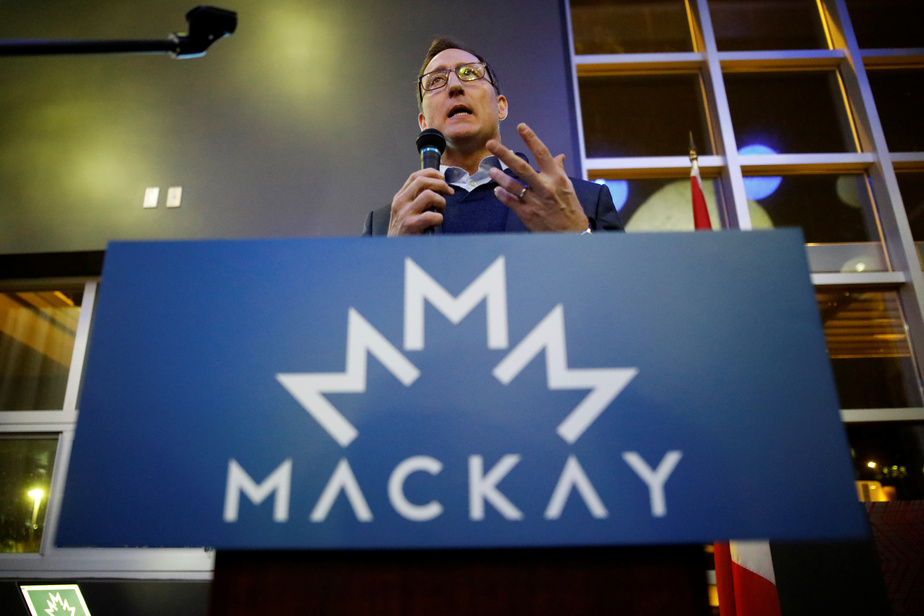This week, hostility to bilingualism, especially in the West, was felt once more.
Whether we like it or not, Canada has two official languages, French and English, entrenched in the Constitution, reflecting the early history of this country.
Over the past couple of weeks, however, hostility to bilingualism, especially in the West (example: Manitoba’s new minister for Francophone Affairs does not speak French) was felt once more, courtesy of Calgary Conservative MP Michelle Rempel Garner and ex-Maclean’s editor-in-chief Ken Whyte.
Rempel Garner suggested that French is taking too much space in the Conservative leadership race. That it is a barrier to equality of opportunity for those who want to make it in Ottawa, elected or otherwise.
There’s something wrong with that picture. Conservatives don’t normally go for victimhood.
My one-time colleague at Rogers Publishing, Ken Whyte, a brilliant editor but not a man known for his warm and fuzzy feelings toward Quebec, published an op-ed piece in the Globe and Mail on Jan. 18 arguing that bilingualism should not be a requirement to become prime minister of Canada. “Scrap the notion of winning Quebec with bilingual leaders,” he told the Conservatives.
He added Quebec doesn’t want a non-native son or daughter as prime minister, even if he or she spoke good French. A unilingual PM with a Quebec lieutenant would suffice.
No.
Some Canadians don’t understand why French is an official language and not, say, Chinese, Arabic or Punjabi — languages spoken by their neighbours, or themselves, as these people rarely meet francophones. Why not?
Read on for the answer.
This point of view should not surprise anyone when the prime minister tells the New York Times that the country he leads has “no core identity.” In that case, having official languages makes no sense. Countries, nations, peoples and heritage cultures — what makes the Italians Italian and the Indians Indian — none of that matters.
Let’s go full Babel blob — let’s choose our official languages in line with current immigration patterns and preferences. Never mind that the languages enshrined in the Constitution were the languages spoken by the founders to whom all Canadians owe a very large debt.
Some can still see straight: former commissioner of official languages Graham Fraser called non-bilingual leadership contestants “losers.” Surprise un-candidate and Conservative MP Pierre Poilievre disagreed with Rempel Garner, saying “we must speak to Quebecers in their language” and “it is one of the founding languages of our country.”
I’m impressed that he commented on the issue from both the pragmatic angle (speaking to Quebecers to be understood) and the philosophical one (who we are as Canadians). I’m sorry to see him out of the race; he could have surprised us.
But the boldest comment, and the answer promised above, came from Norman Spector, chief of staff to Brian Mulroney and ex-Canadian ambassador to Israel, via Twitter. He wrote: “I can see a scenario wherein continually increasing immigration permits a party to propose doing away with Official Languages Act, though doing so could spell the end of Canada.”
If I had written that, I would have been raked over hot coals. But he’s right to point the dangers inherent to hardcore multiculturalism where acceptance of historical cultural markers, including language and customs, is optional. Unless newcomers to Canada integrate into the Canadian mosaic, instead of nurturing individual fiefdoms, what will remain of a country the whole world envies?
Now, we need to recognize First Nations languages.
Finally, how good does “politician French” (or English) have to be? Well, better than Pauline Marois’s English, better than Andrew Scheer’s, Elizabeth May’s and Peter MacKay’s French. The point is to be understood. Stephen Harper nailed it. So did Joe Clark. It was not a “barrier to equality of opportunity” for them. Or for the thousands of bilingual francophones, and anglophones, in politics and in government.
People who want to become doctors study biology. Those who hope to lead Canada learn French. Or English. Properly. Is that too much to ask?






























